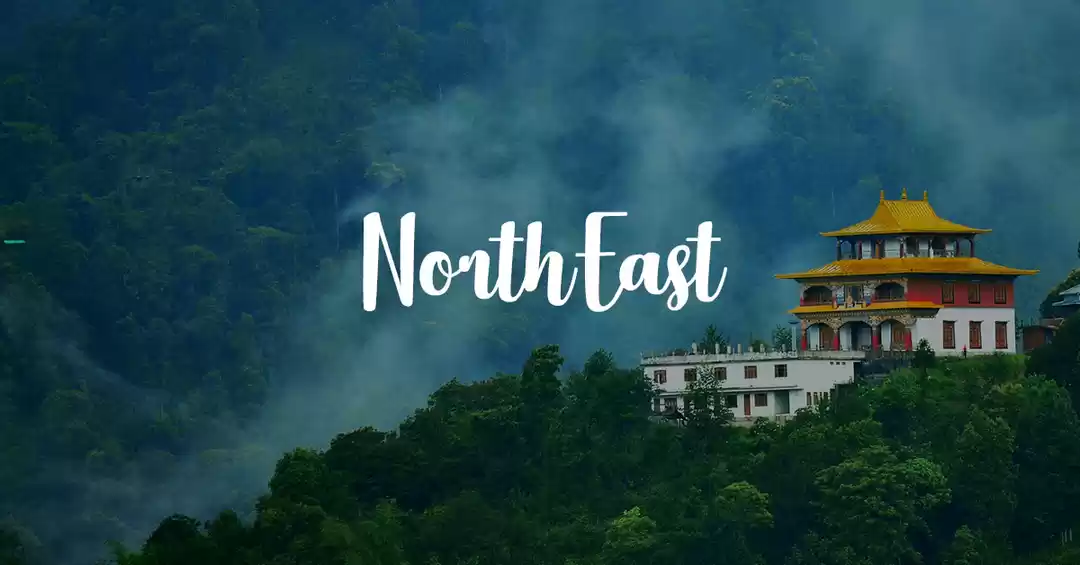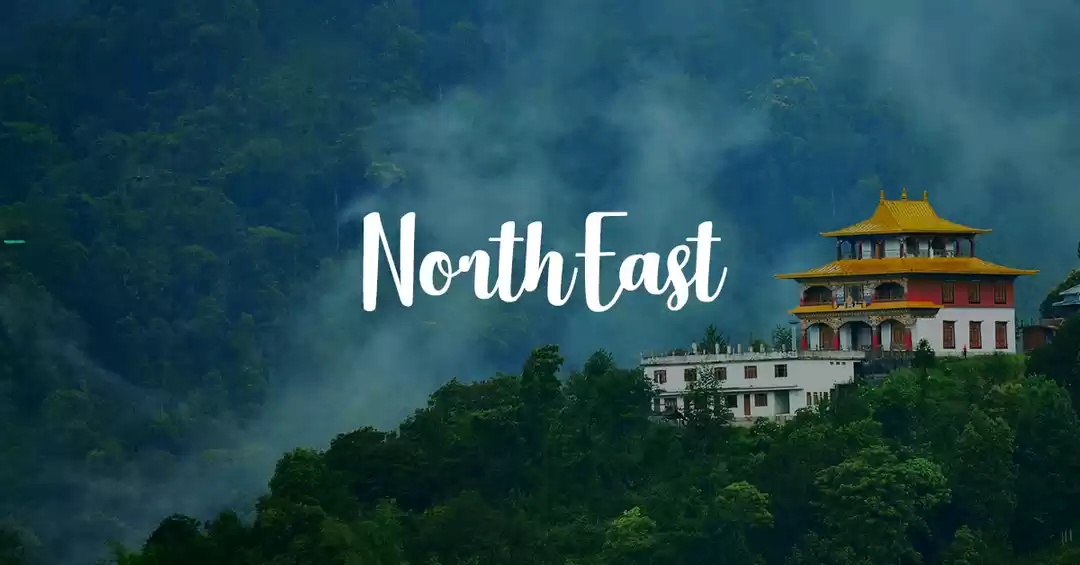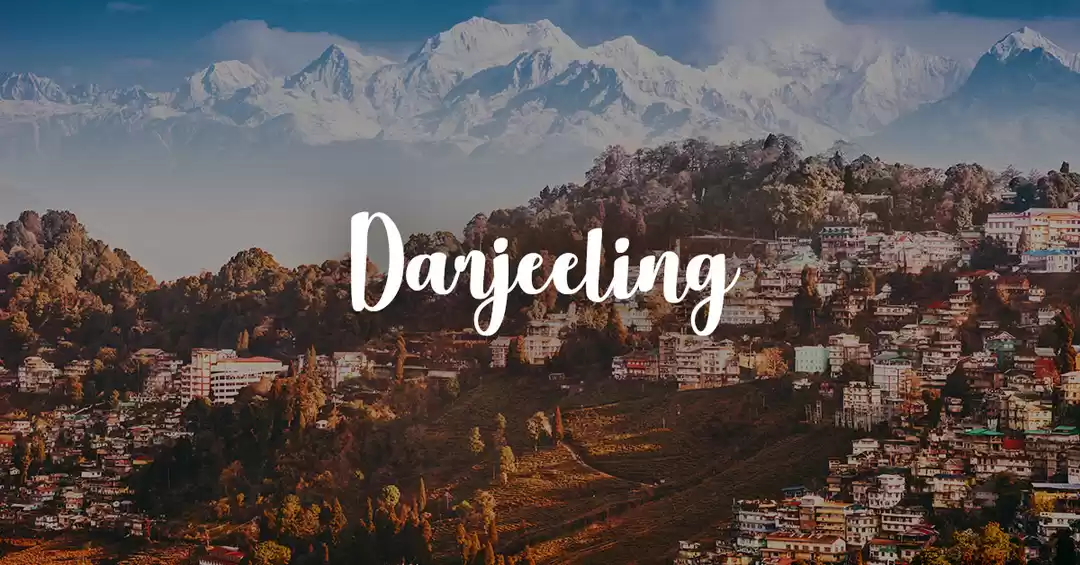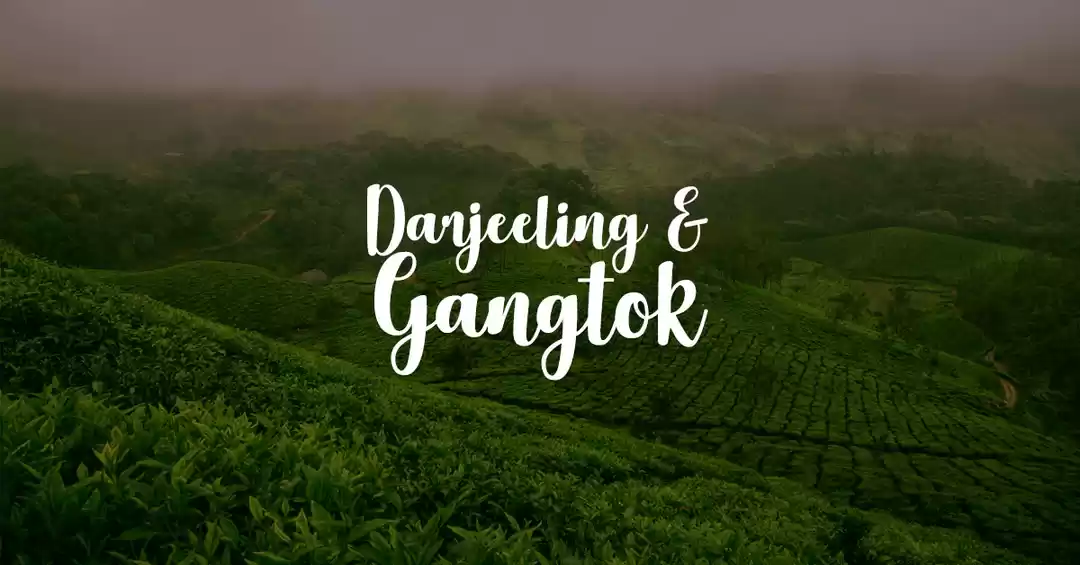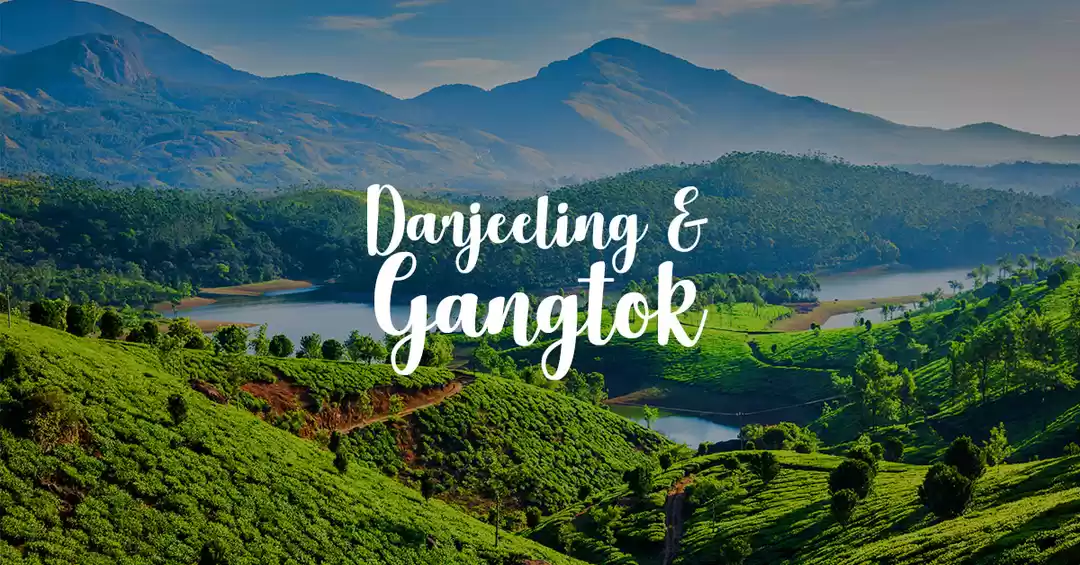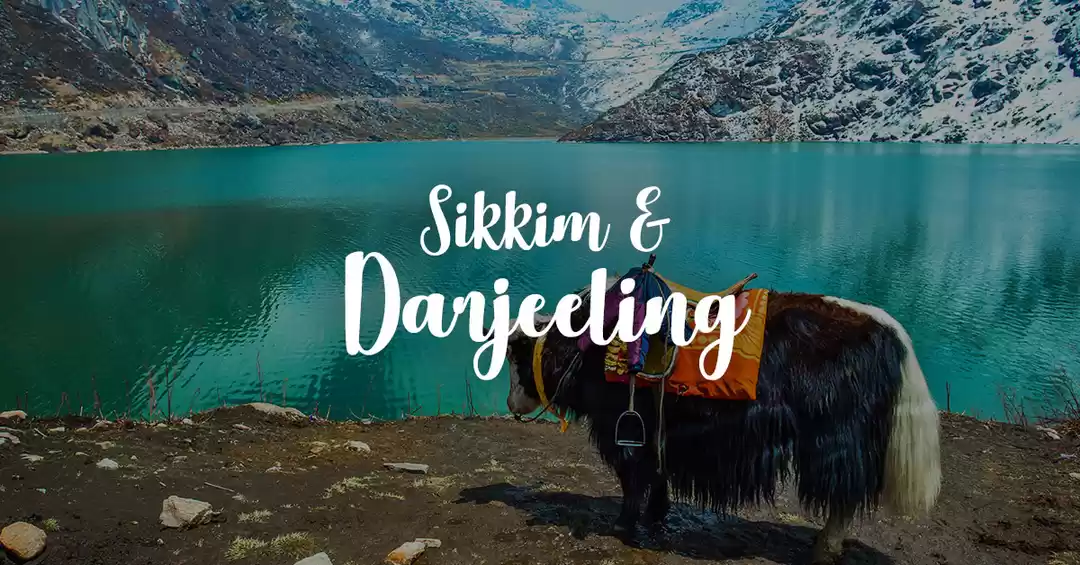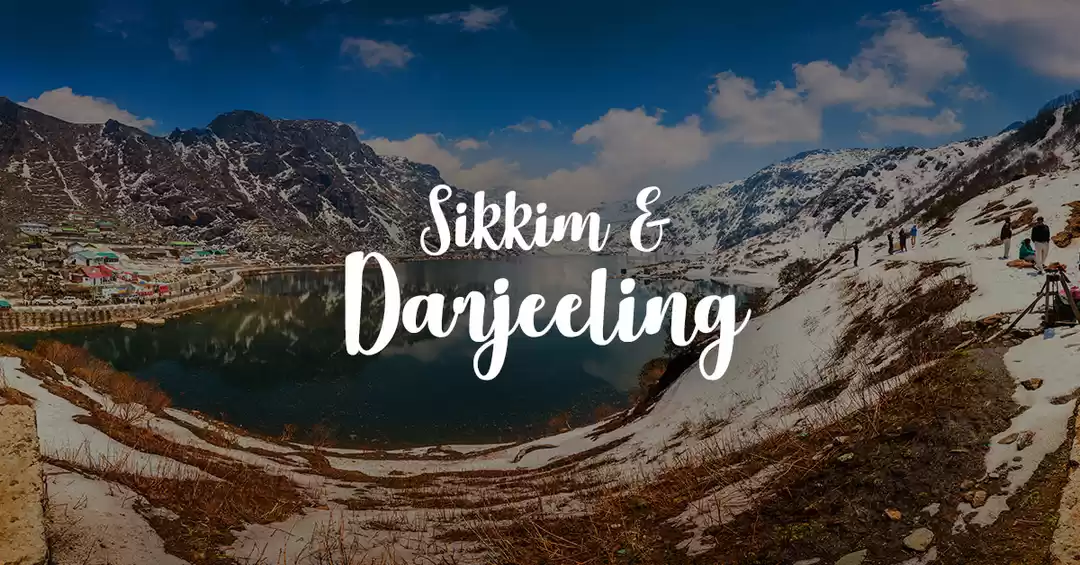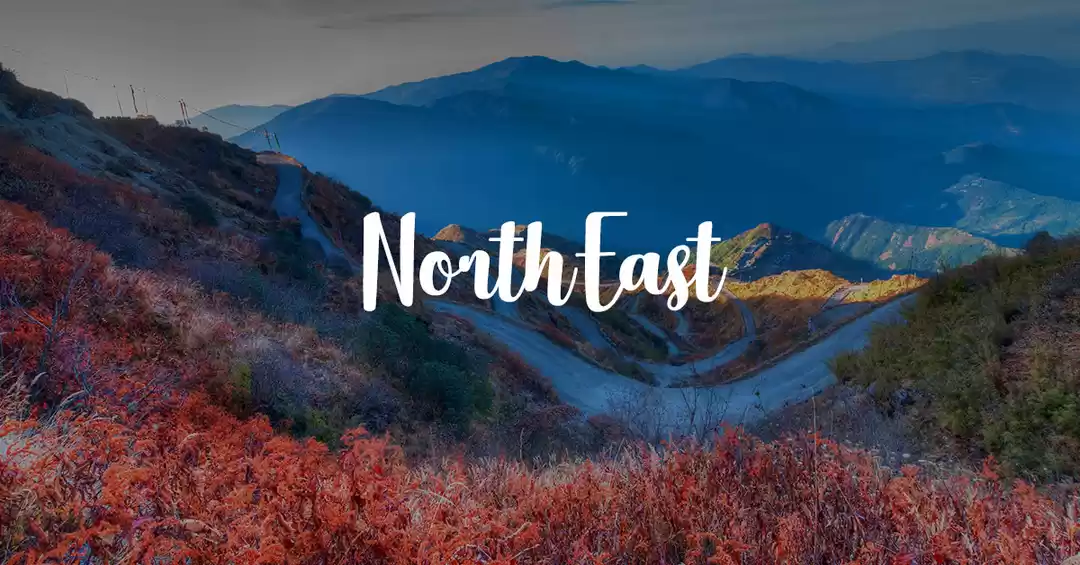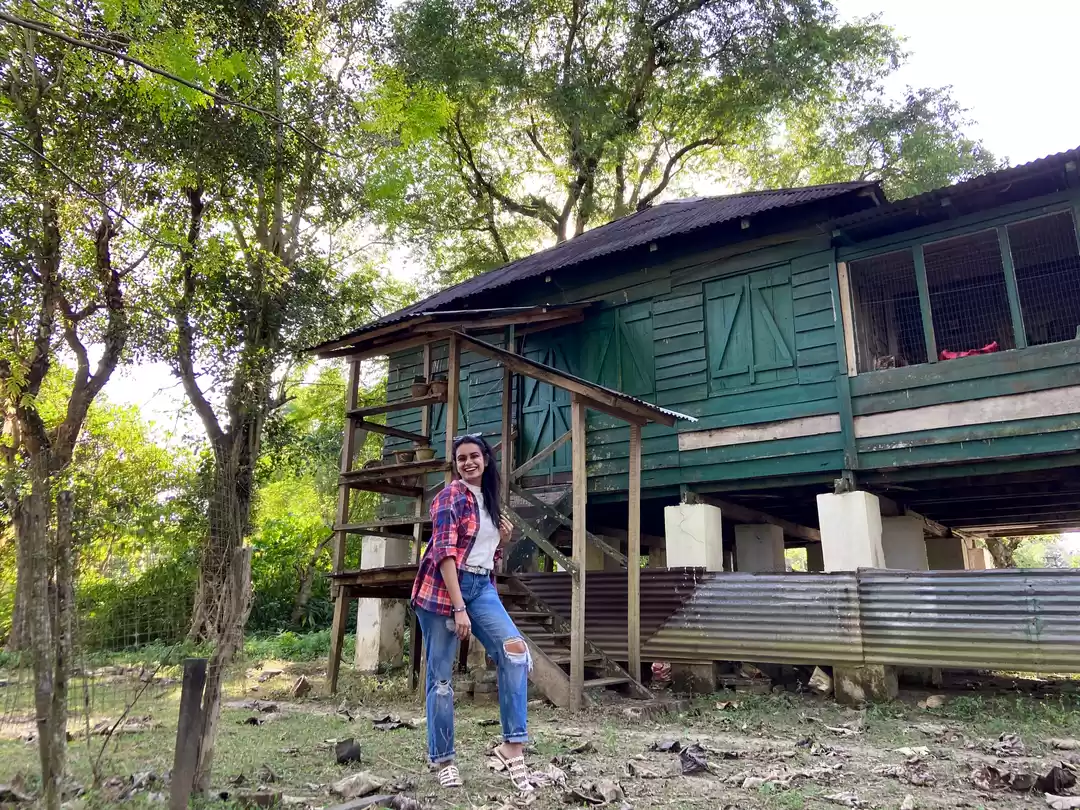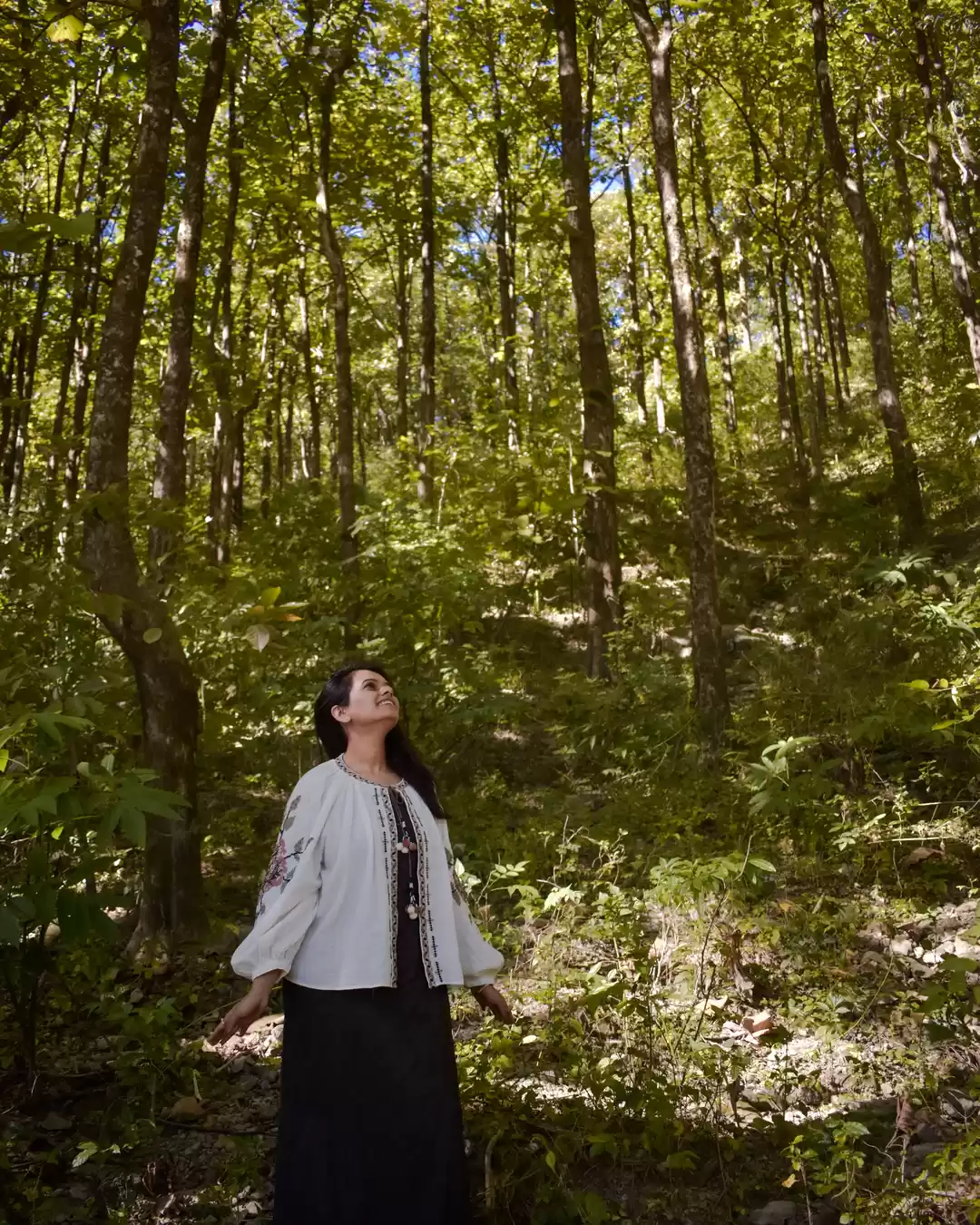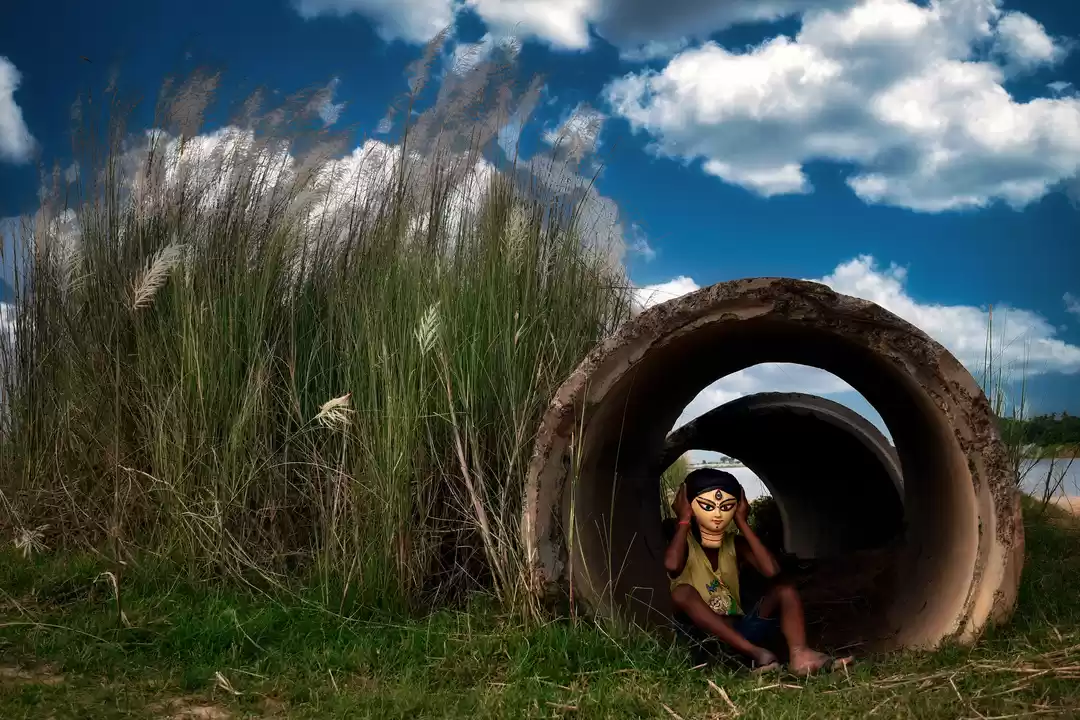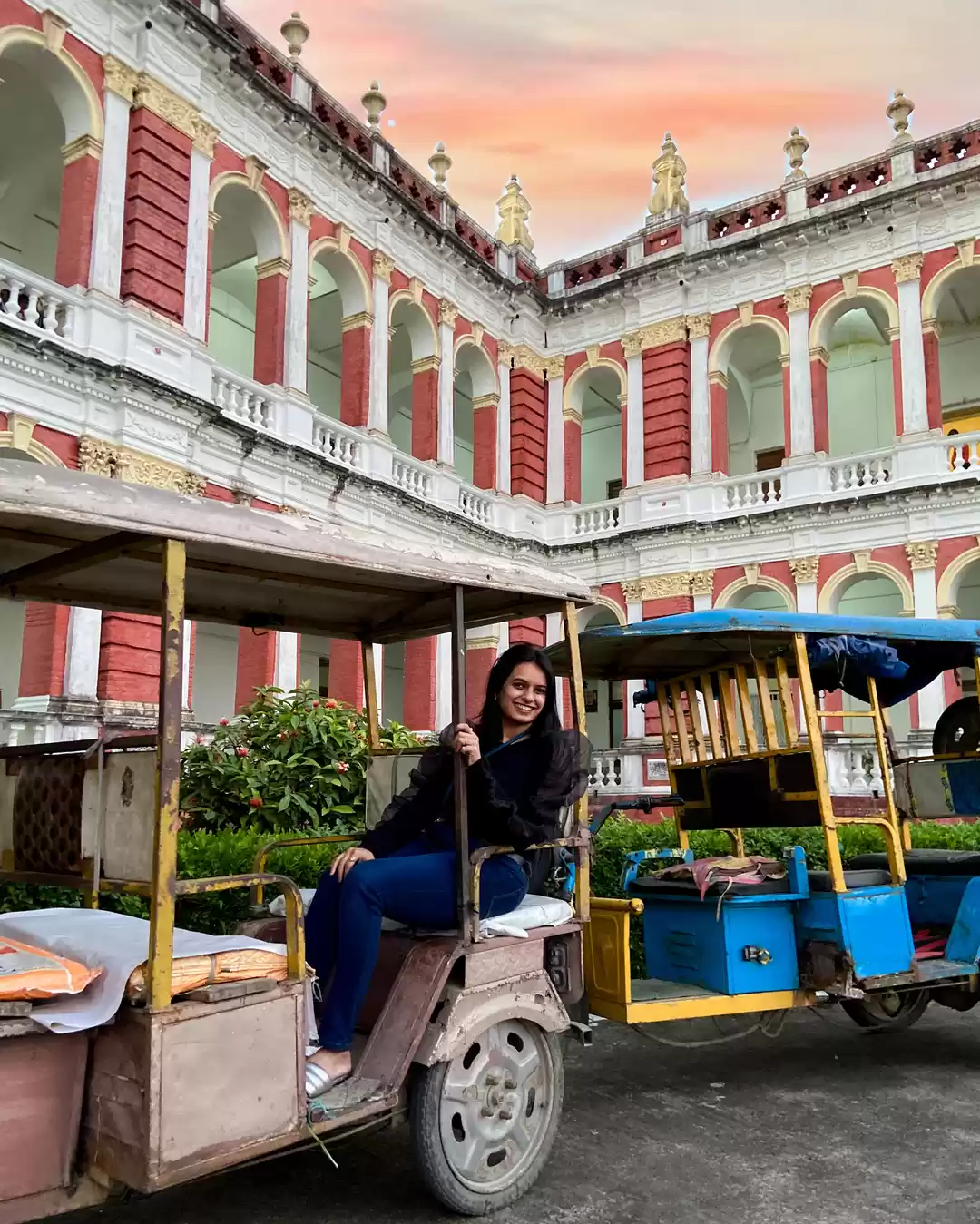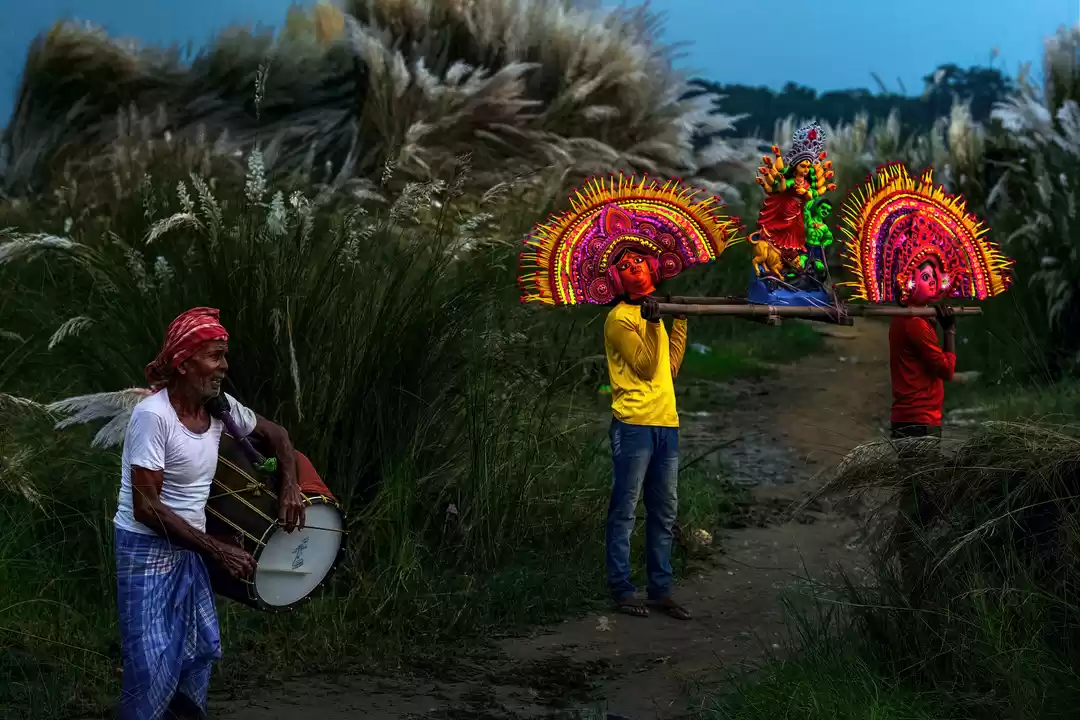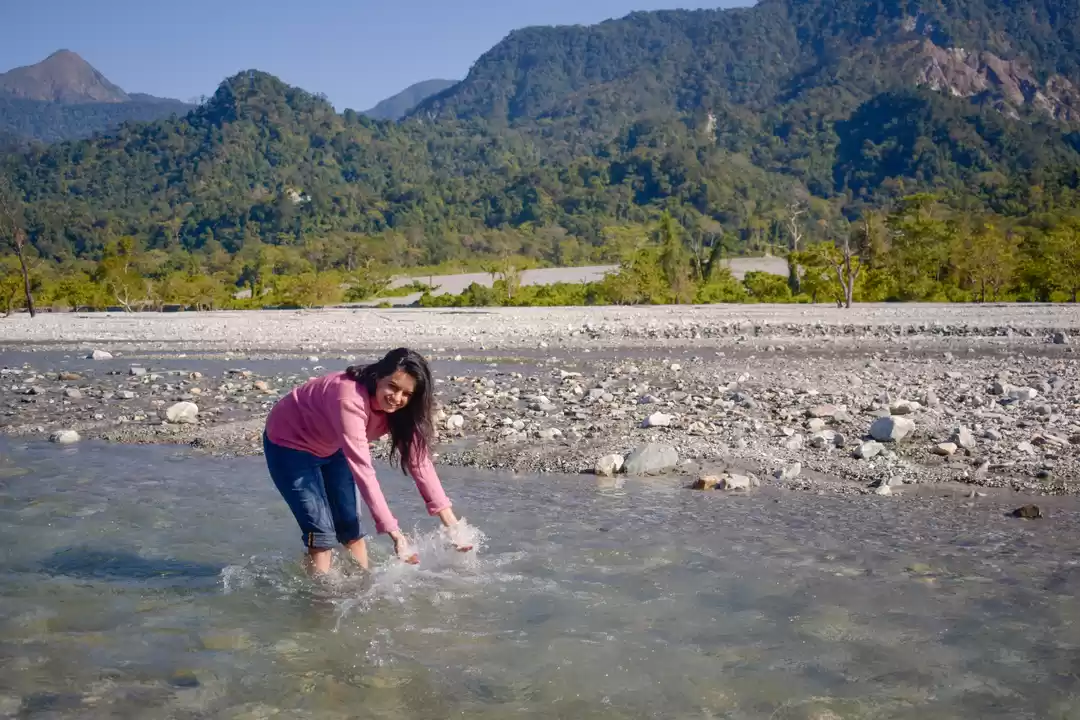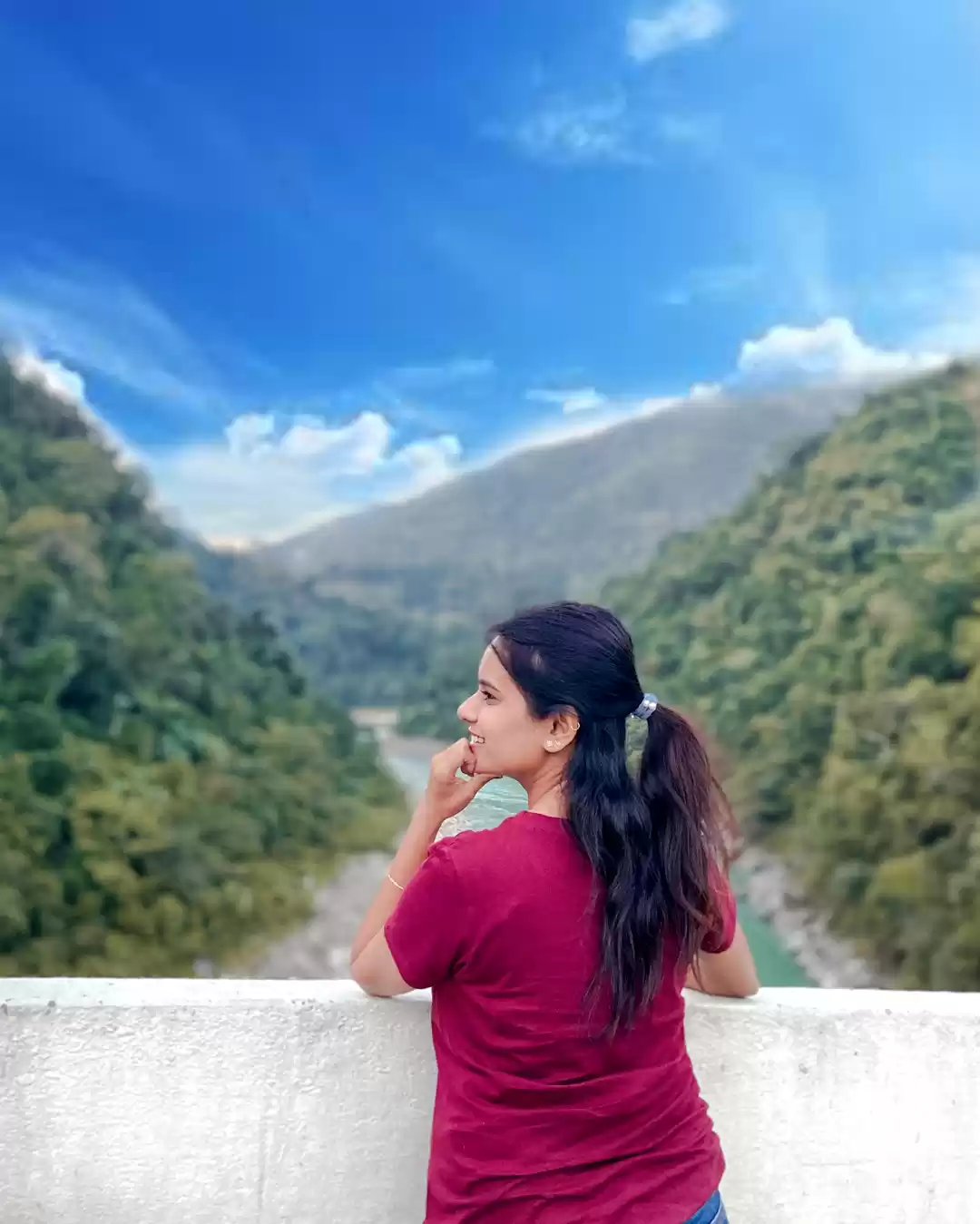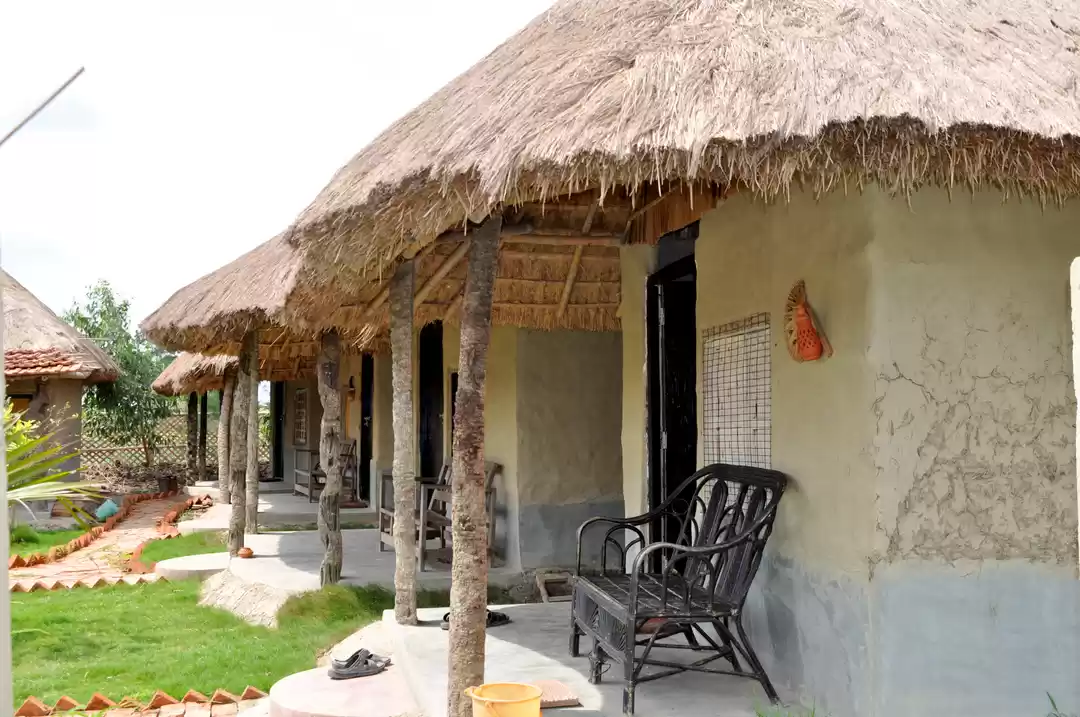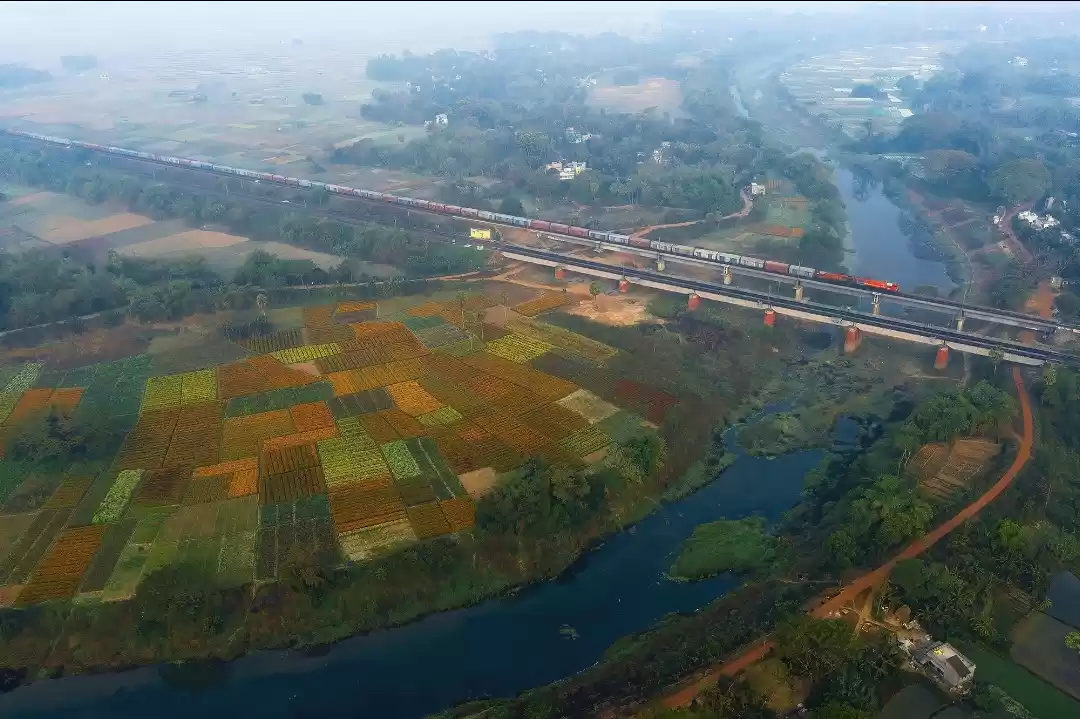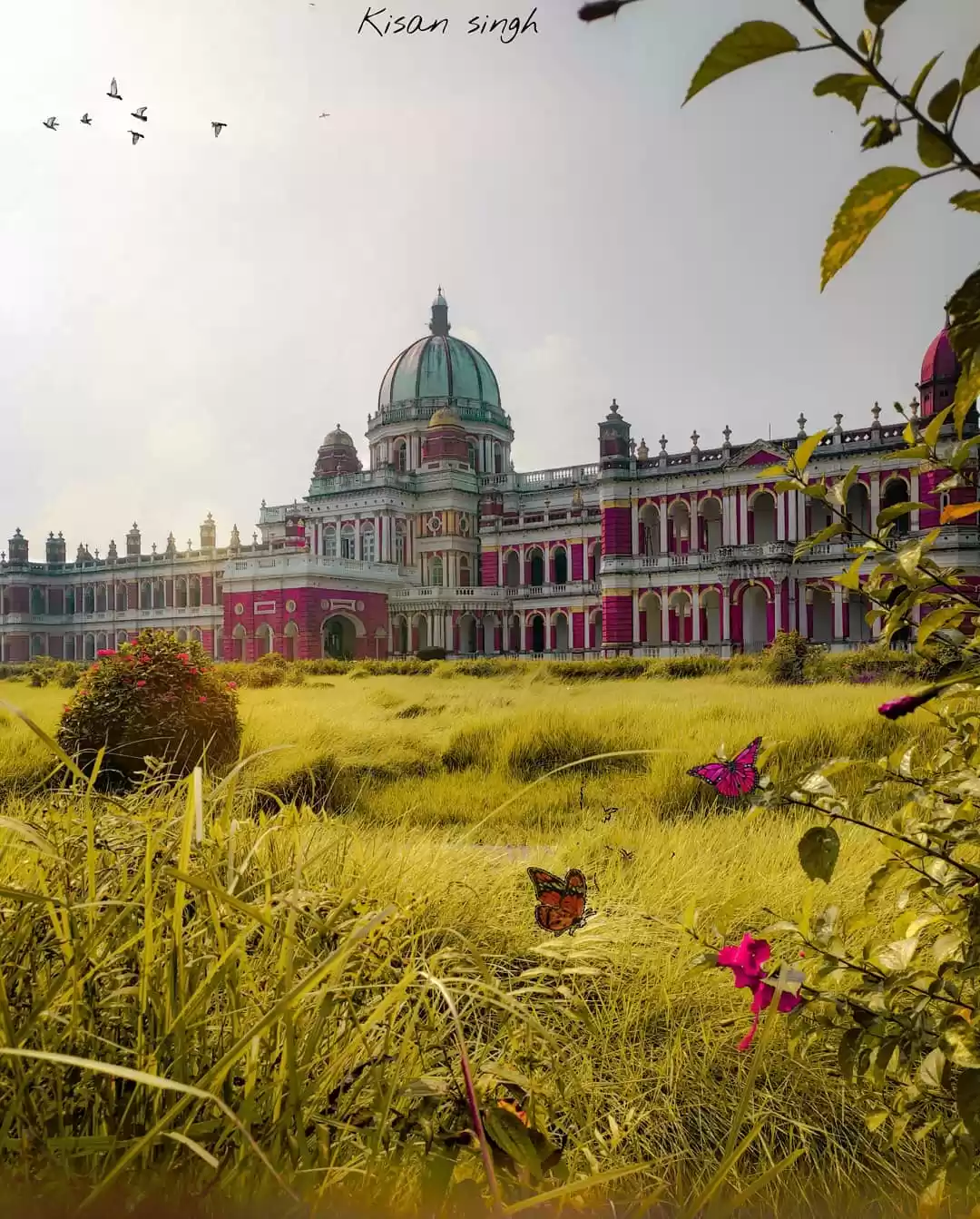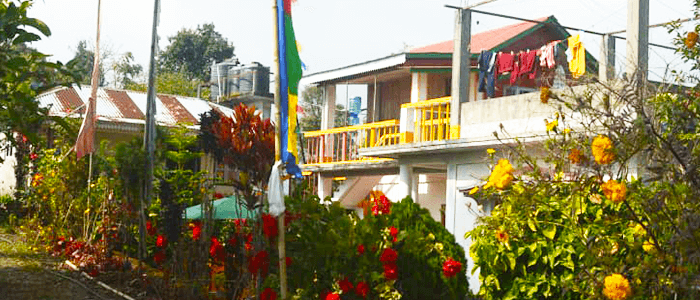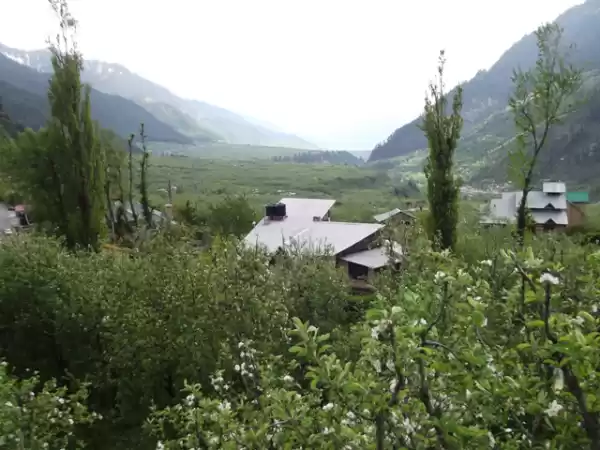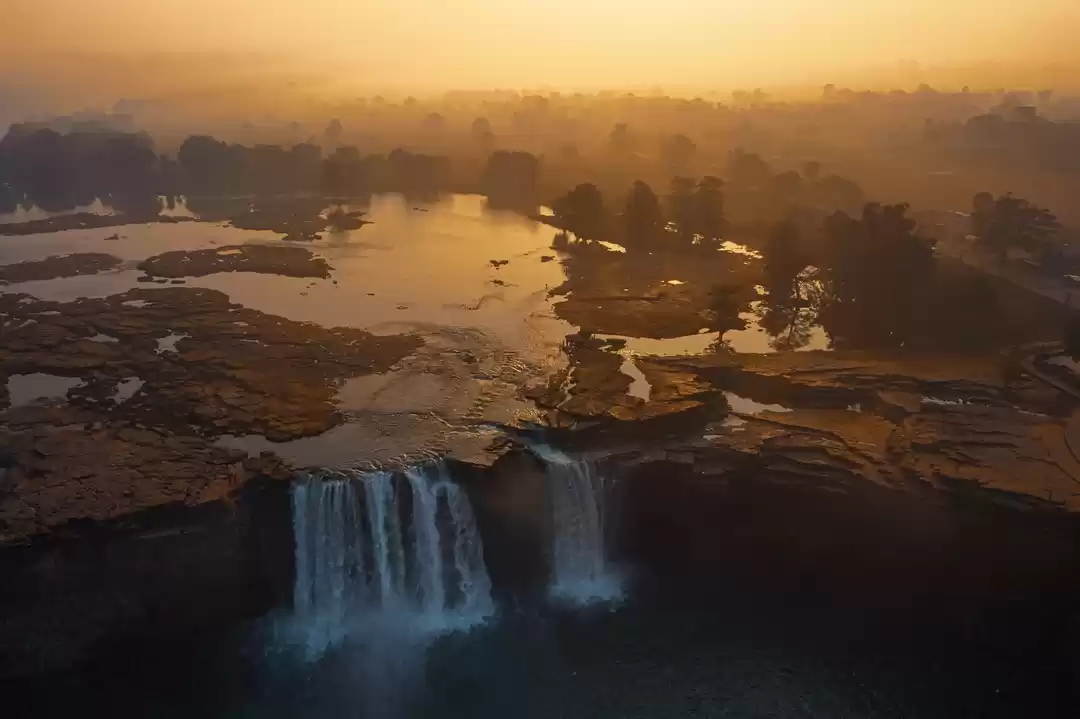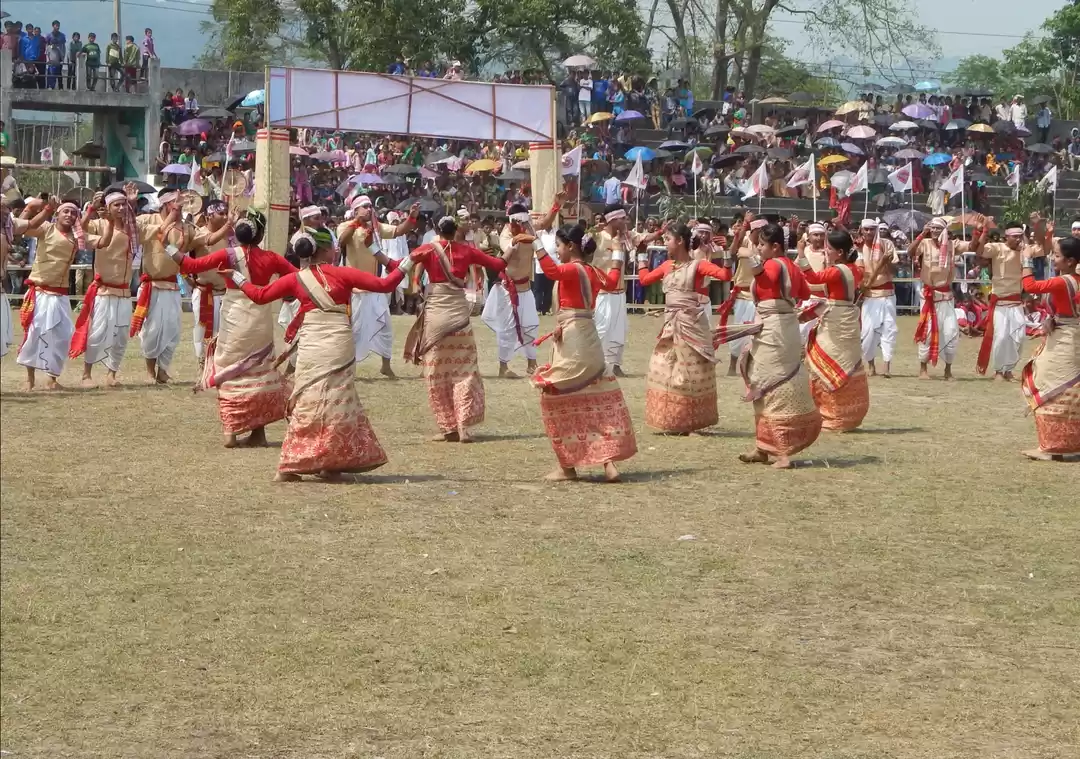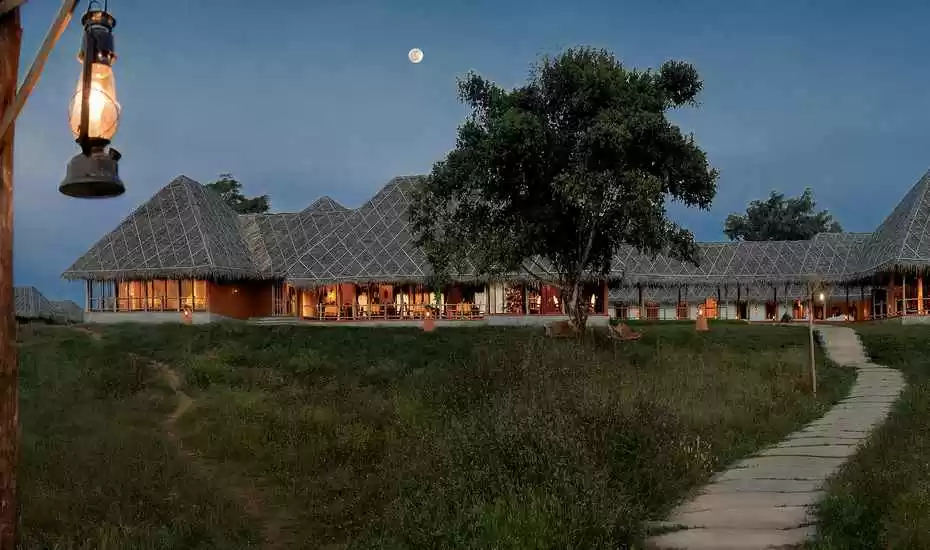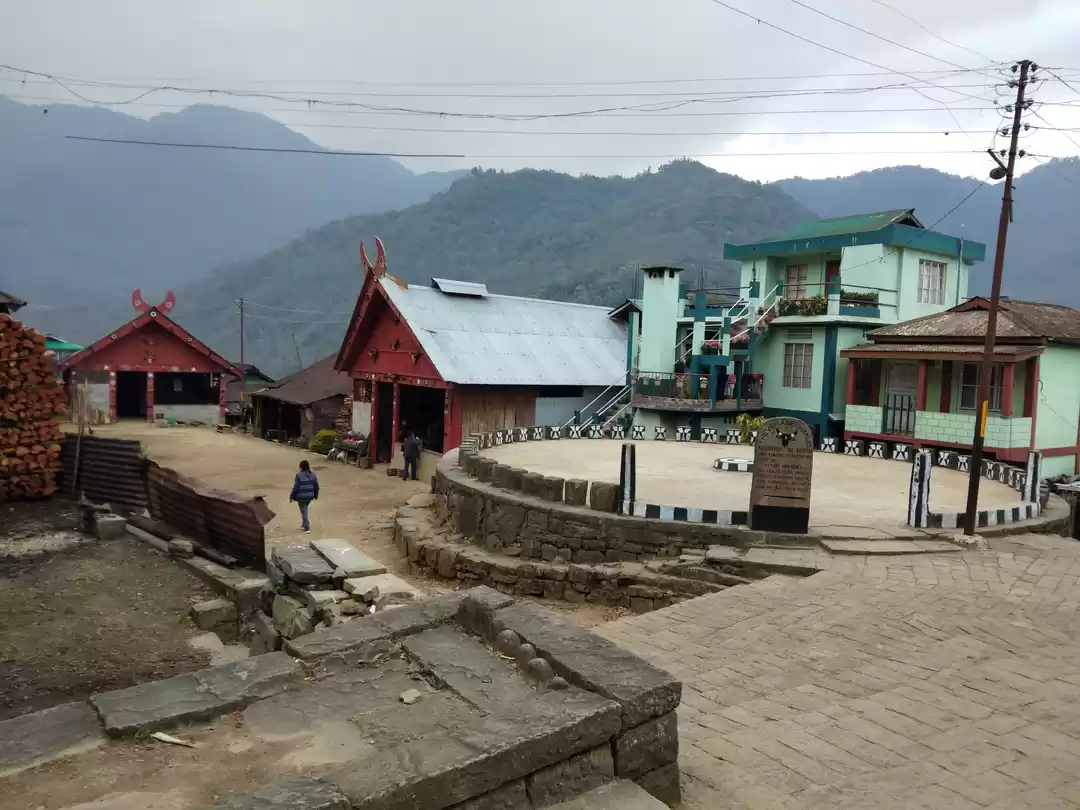




Tucked away in the hills of north Paschimbanga lies a tiny hamlet that lures travellers with a horn-shaped naumatti.
The silence was as deep as the ocean. Suddenly, a cow mooed, a rooster crowed, and a goat bleated. The lace curtains of our home stay in Chuikhim fluttered in the breeze spiked with the smell of wood fire. In this lovely mountain village, located in the Kalimpong hills of Paschimbanga, we revelled in the simple pleasures of life: the warm, unvarnished hospitality of the locals; simple home-cooked meals savoured out in the open; the sight of terraced fields that glowed green and sun-stunned valleys that stretched before us. Life in Chuikhim was organic, and lived in consonance with the seasons — the air was crisp; vegetables were fresh, unmarred by the taste of fertilizers; and no ugly hotels dotted the skyline.
A walk in the village of 1,200 souls, which stretches across a few hills, threw up some pleasant surprises. Locals invited us into their homes and showed us around their miniscule gardens bright with colourful flowers nodding in the sun. Ninety nine-yearold Bindramaya Chettri, the oldest resident, who had migrated from Nepal to Chuikhim when she was 14, spoke in lilting Gurkhali. She said that her village had not changed much since her arrival in the last century.
The main access to the village is a 13-km road that seems more a rocky riverbed than a pathway. In a way, this has left Chuikhim to languish in a hypnotic time warp. A gentler route is via Kalimpong, but that is longer and less-travelled.
Of course, this sense of delicious timelessness is barely reflected in the daily life of the residents, who wake up at the crack of dawn to milk the cows, till their fields, cook on wood fires and tend to hearth, home and garden.
One of the spidery trails through the surrounding forest leads to the river Juranti, where the Indradhanush Chuikhim Earth Festival was kickstarted last November with the wail of the naumatti, a curved horn-like instrument, the clash of cymbals and devotional songs addressed to Durga. Literacy India, a non-profit organisation started by Indraani Singh, a pilot with Air India, organised the festival not only to showcase the many talents of this quiet land, but also to give the hard-working villagers a few days' break to watch a game or two of football, and dance.
Children and alabaster-skinned women with petal eyes went dressed in stunning costumes: the brocade silks and jaunty caps worn by the Tamang people from Kalimpong, the gaily-patterned red and black wraparound pleated skirts and sleeved blouses (chobandi) of the Chuikhim lasses were teamed with gold cardboard jewellery. Costumed girls and boys from Mumpel, Barbat, Charkhol, Samthar and Khupigaon streamed in to play instruments like violins, flutes and drums, and dance choreographed pieces such as the snow lion dance and the yak dance.
We also whiled our time away at Lolegaon, 24 km away, with the Kanchenjunga at an arm's stretch. Chuikhim is an ideal extension to a Darjeeling-Kalimpong holiday especially for those seeking a tranquil getaway without tourists posing Bollywood-style against flaming sunsets. On our way back to Mumbai, we rewarded ourselves with one night in paradise, at the Damdim Tea Estate, embedded in tea plantations as green as a parrot's wing.
While we enjoyed the guest house's refined colonial charms, it was Chuikhim that we dreamt of. Lazy dawns, roosters calling across the hills, lowing of cows and the sight of the Lees river, the colour of liquid cement, slipping away to an ocean far away.



